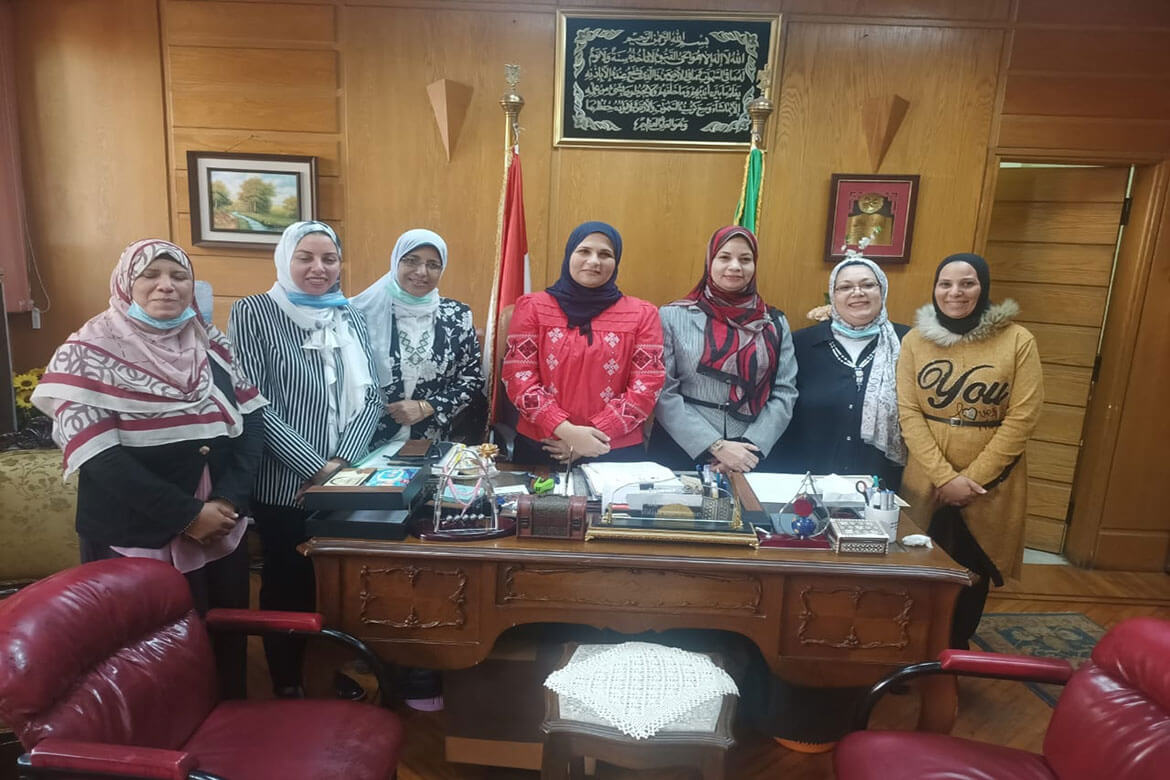
Students of Faculty of Girls continue to carry the torches of enlightenment in the cities and villages of the Republic
Within the framework of the strong support of Ain Shams University and its keenness on the strong and effective participation in solving society’s problems and issues with the creative leadership of Prof. Dr. Mahmoud El-Metini, President of the University, Prof. Dr. Abdel Fattah Saoud, Vice President for Education and Student Affairs, and Prof. Hisham Tamraz, Vice President for Community Service and Environmental Development; The Girls' Faculty was able to continue its distinction by obtaining first place in literacy for the third time.
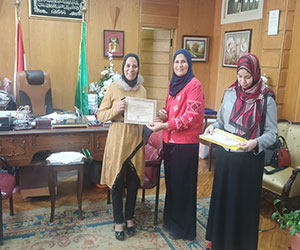 |
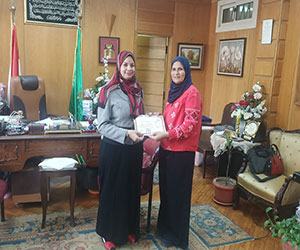 |
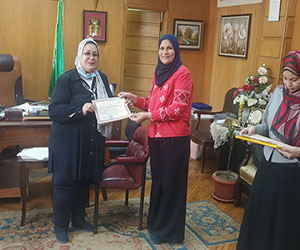 |
||
The Faculty of Girls, led by Prof. Dr. Amira Ahmed Youssef, Dean of the Faculty, won the first place among the seven faculties of Ain Shams University in the July exam session, with literacy (2567) individuals, bringing the number of individuals whose illiteracy was eradicated through the sincere efforts of the Faculty administration and its students (8370) individuals over the five sessions The last exams, which exceeds a quarter of the achievement of Ain Shams University as a whole, since the decision was issued to oblige students of some of its faculties to the requirement to eradicate illiteracy as a condition for graduation.. Hence, the Faculty of Girls was able to maintain its presence at the forefront of the ranking of university faculties participating in the project. It is worth noting that the students of the Faculty Girls were not satisfied with merely erasing illiteracy, the number required of them as a condition for obtaining a graduation certificate, but most of them far exceeded that requirement; Some of them managed to eradicate illiteracy alone (28) individuals, and those who eradicated the illiteracy of (27) individuals, and those who eradicated the illiteracy of (26) individuals, and few of them were satisfied with merely erasing the required number of illiteracy.
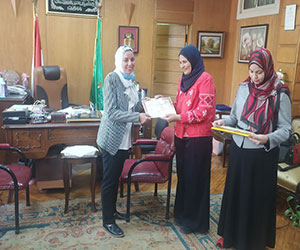 |
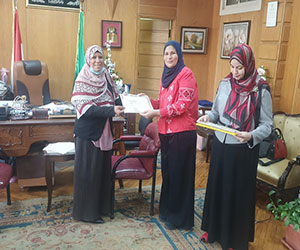 |
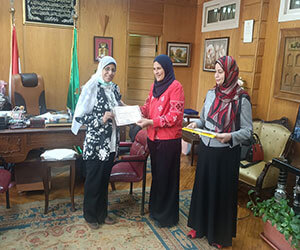 |
||



